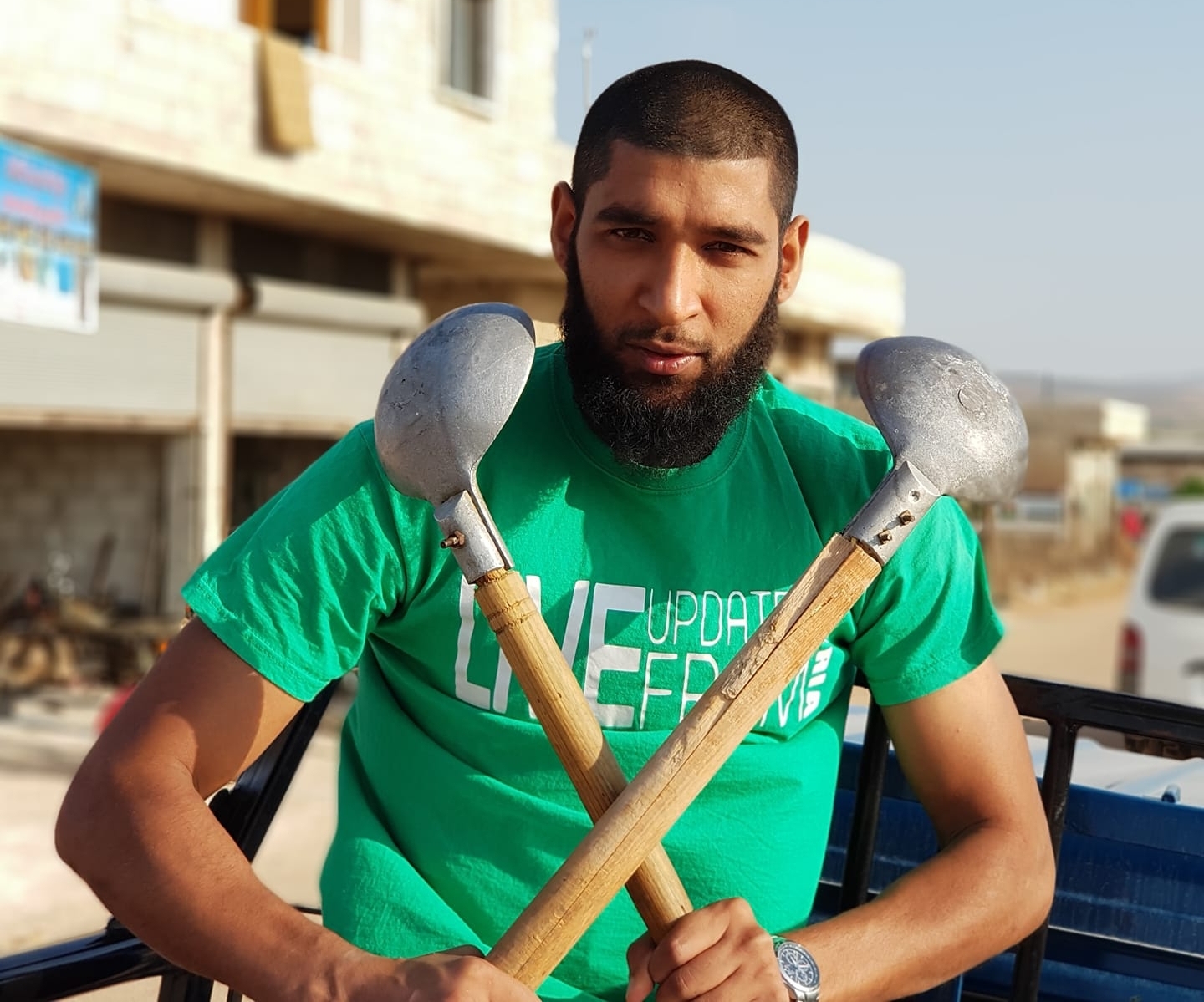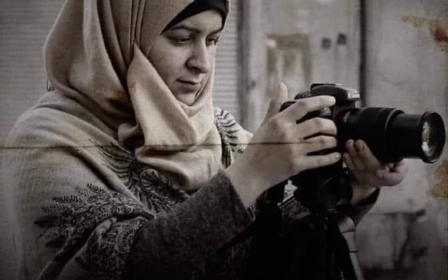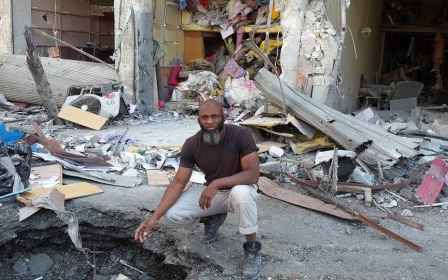British aid worker Tauqir Sharif freed by HTS in Idlib

A British aid worker held for more than three months by the Hay'at Tahrir al-Sham (HTS) militant group in Syria's opposition-held Idlib province was released on Tuesday, his family confirmed.
Tauqir Sharif, who is from London, had been in HTS custody since 11 August after being detained while attending a court hearing relating to his earlier arrest by the group in June.
In a video released by his family during his detention, Sharif alleged that he had been tortured and mistreated by HTS interrogators during his first spell in the group's custody.
Sharif, commonly known as Tox, is one of the most prominent foreign nationals in opposition-held Syria where he has been based in the Atmeh camp for displaced Syrians on the Turkish border since 2013.
Last year he revealed that he was among a number of UK nationals in Syria to have been stripped of their citizenship by the British government.
His detention by HTS prompted protests by Syrians helped by his Live Updates from Syria aid organisation, and a social media campaign calling for his release.
Sharif's arrest came amid a wider crackdown by HTS in which American journalist Bilal Abdul Kareem, who had also called for Sharif to be released, was also detained.
Moazzam Begg, outreach director at the human rights group Cage, which has campaigned on behalf of both men, said: “Tauqir Sharif was released by HTS authorities today. He has been sorely missed by his family, his community and the projects he oversees.
"It is now the turn for Bilal Abdul Kareem to follow suit and we will continue to work behind the scenes to ensure that he is freed.”
Abdul Kareem remains in detention though Middle East Eye reported last week that he had been allowed to speak to somebody on the phone for the first time since his arrest in August.
Another activist and journalist, Nour al-Shalo, is reported to be facing execution after being detained by HTS two months ago.
Middle East Eye propose une couverture et une analyse indépendantes et incomparables du Moyen-Orient, de l’Afrique du Nord et d’autres régions du monde. Pour en savoir plus sur la reprise de ce contenu et les frais qui s’appliquent, veuillez remplir ce formulaire [en anglais]. Pour en savoir plus sur MEE, cliquez ici [en anglais].




